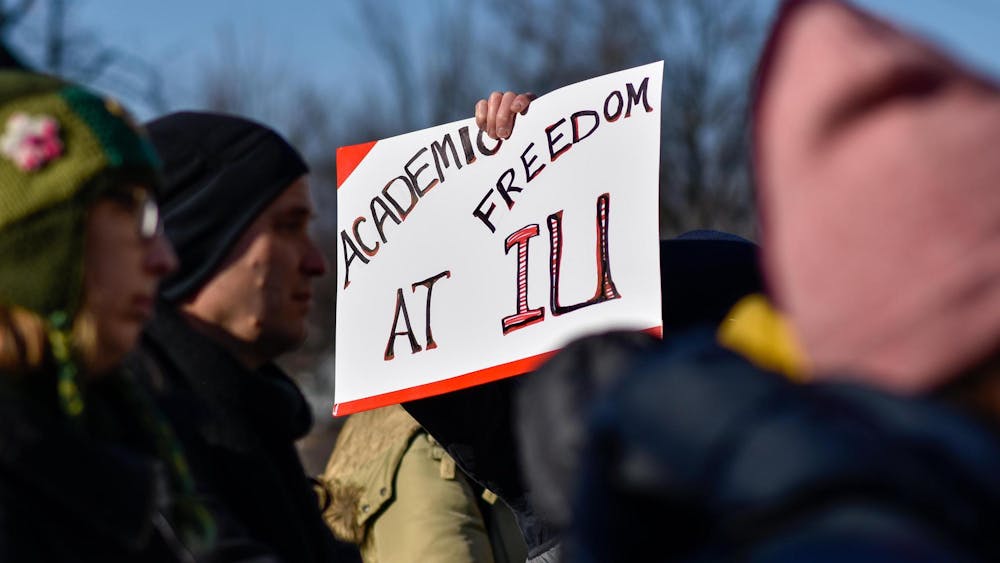Pens scribbled quickly in the audience as Winter introduced transnational history through memoirs Tuesday in Franklin Hall.
Winter defined transnational history as a way of approaching knowledge of historical events with global records in mind.
He said the history of an event, in this case World War I, cannot be understood entirely if it is told in only one language.
“You can do the history of national contributions in English of places like New Zealand,” he said. “But you cannot do the history of ?the war.”
He said in order to understand the history of the war, scholars must learn the accounts of the war in many different languages of many different nations.
When Winter was approached by a French man to create a museum in commemoration of World War I, he decided to “break the vertical approach of history” by designing a more passive display.
The museum displays articles and archives of family members who ?contributed to the war.
The articles are laid in the shape of soldiers in fosses — leaving an aura that provokes thought in the visitors’ minds, he said.
“Silence, above all, is the most powerful language,” Winter said.
He said by not contributing music to the museum, the display created a more moving ?environment.
He also said the Great War was truly revolutionized by the photographic elements that have emerged in past years.
“What people see is much more powerful than what people read,” he said.
Through photos of World War I, he saw many different cultures ?coming together.
He showed pictures of African, Chinese and Indian soldiers of the time, belonging to ethnic groups which he did not know contributed in such volume to ?the war.
He shared images such as postcards where a wounded African American soldier was being nursed by a white woman.
He said through these images he discovered the realness in transnational ?efforts throughout the war.
“I want to take transnational history as the narrative of history — in this case the Great War — written by transnational historians,” Winter said.
As editor of the three-volume edition of “The Cambridge History of the Great War,” Winter said the generation of historians to come have been left a great responsibility.
He said the next generations have been left the task of creating a transnational documentation of World War I, as well as other ?accounts of history.
He said because of the transnational developments in our education system, the first World War is “still with us.”
He said the future generations have a responsibility to unveil the unspoken events that create the ?history of World War I.
“I find it daunting the amount of work that needs to be done in order to make this happen,” graduate student of history Jim ?Searer said.
Searer said he feels it is very natural for a nation to recount the events of history in its own ?language, from its own view.
“History emerged as always being told in context,” IU faculty member ?Heiko Mühr said.
“The idea of transnational history engaging all nations, it’s ?very interesting.”





